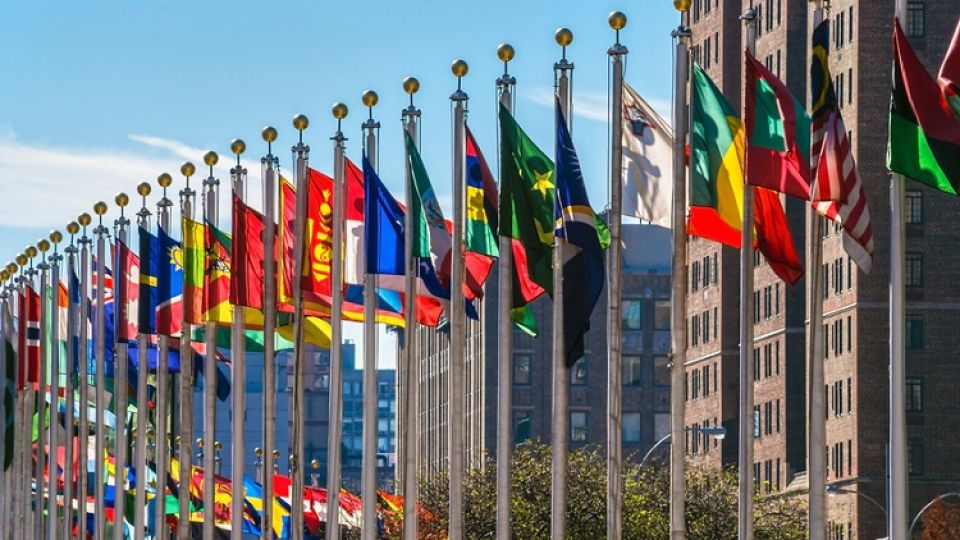Hegemony, liberalism and global order: what space for would-be great powers?by ANDREW HURRELL. International Affairs, Volume 82, Issue 1, pages 1–19, January 2006
Abstract
This article, and the four that follow, consider some of the ways in which China, Russia, India and Brazil have responded both to US hegemony and to the changing character of international society. This article sets out some of the major analytical questions that emerge when thinking about the foreign policy options of these countries and some of the principal conceptual and theoretical categories within which those questions may be usefully framed. The first section examines the reasons for taking these countries as a group. The second section provides a brief overview of two of the most common theoretical perspectives from which the systemic pressures on these countries have been understood. The third considers their actual and potential strategies and options under five headings: their status as regional powers; their behaviour within and towards international institutions; their relations with the United States; collaboration among them and evidence for the possible emergence of balancing behaviour; and the links between economic development and foreign policy.

